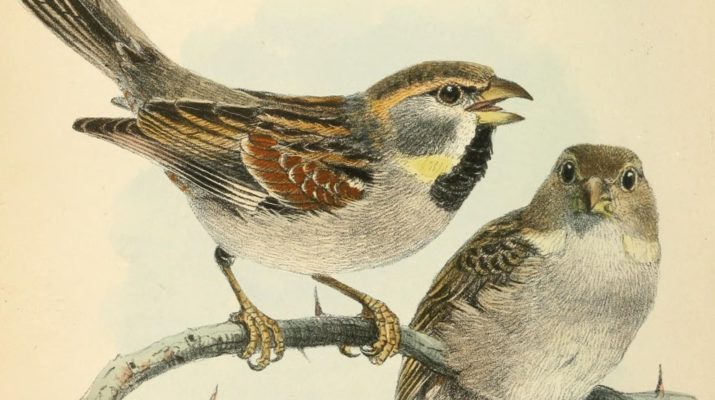Matthew 10:28-31
Narrative Lectionary
28 Do not fearA those who killB the bodyC but cannotD kill the soul;E
A “fear” = phobeo. From phobos (panic flight, fear, fear being caused, terror, alarm, that which causes fear, reverence, respect); from phebomai (to flee, withdraw, be put to flight). This is also to put to flight, terrify, frighten, dread, reverence, to withdraw or avoid. It is sometimes used in a positive sense to mean the fear of the Lord, echoing Old Testament language. More commonly, it is fear of following God’s path. This is where the word phobia comes from.
B “kill” = apokteino. From apo (from, away from) + kteino (to kill). To put to death, kill, slay. Figuratively, this word can mean abolish, destroy, or extinguish.
C “body” = soma. Perhaps from sozo (to save, heal, rescue); from sos (safe, well, rescued). This is body or flesh. It can be body in a literal or figurative sense (as the body of Christ). This is where the word “somatic” comes from.
D “cannot” = me + dunamai. Dunamai is to be able, or something that is possible. It can also be empowered or being powerful. The Greek word for “miracle” (dunamis) comes from this root.
E “soul” = psuche. From psucho (to breathe, blow). This is breath, the breath of life, the self, individual, soul. This is the word for that which makes a person unique – their identity, will, personality, affections. This isn’t the soul as the immortal part of us, but as our individuality. It is also not life as a general concept, but specific to people. This is where the words psyche and psychology come from.
ratherF fear him who can destroyG both soul and body in hell.H
F “rather” = mallon. This is rather, more than, or better.
G “destroy” = apollumi. From apo (from, away from) + ollumi (to destroy or ruin; the loss that comes from a major ruination). This is to destroy, cut off, to perish – perhaps violently. It can also mean to cancel or remove.
H “hell” = geenna. 12x in NT. From Hebrew Gehinnom (valley of Hinnom); from gay (valley; a gorge that is not a winter torrent) + Hinnom (most likely of foreign origin, perhaps from the Jebusites). This is Gehenna or hell, referring to a valley outside of Jerusalem and used figuratively for hell.
29 Are not two sparrows soldI for a penny?J Yet not one of them will fall to the groundK apart from your Father.L
I “sold” = poleo. This is to barter or sell. It can also refer to the thing that is sold.
J “penny” = assarion. 2x in NT. From Latin assarius (related to an “as”); from as (a Roman coin that is bronze). This is an assarion or penny, one tenth of a drachma. It does not have a high value. See https://en.wiktionary.org/wiki/%E1%BC%80%CF%83%CF%83%CE%AC%CF%81%CE%B9%CE%BF%CE%BD & https://en.wiktionary.org/wiki/as#Latin
K “ground” = ge. This is earth, land, soil, region, country, the inhabitants of an area.
L “Father” = Pater. This is father in a literal or figurative sense. Could be elder, senior, ancestor, originator, or patriarch.
30 And even the hairs of your headM are all counted.N 31 So do not be afraid;O you are of more valueP than many sparrows.
M “head” = kephale. This is head or chief. It can be a literal head or, figuratively, a ruler or lord. It can also refer to a corner stone. This is where the word “cephalic” comes from.
N “counted” = arithmeo. 3x in NT. From arithmos (a number or total that has been counted to together); from airo (to raise, take up, lift, remove). This is to number of count. It shares a root with “arithmetic,” which literally means the “art of counting.” See https://en.wiktionary.org/wiki/arithmetic
O “be afraid” = phobeo. Same as “fear” in v28. See note A above.
P “are of more value” = diaphero. 13x in NT. From dia (through, because of, across, thoroughly) + phero (to bear, bring, lead, make known publicly; to carry in a literal or figurative sense). This is to carry through as in all the way to the end. It is differing or fully distinguishing – separating by comparison. Literally, it means transport – figuratively it can mean report or surpass.
Image credit: “Passer Moabiticus – Dead Sea Sparrow” by Joseph Wolf, 1867.




